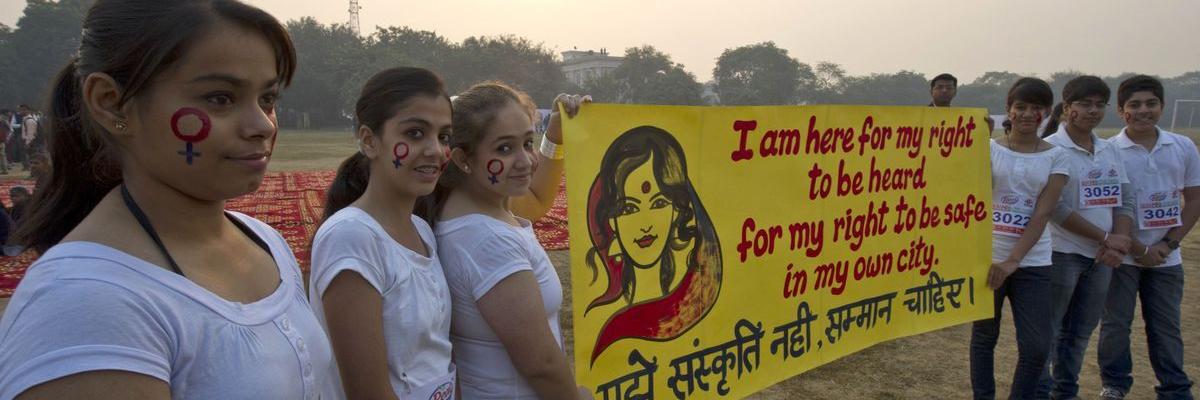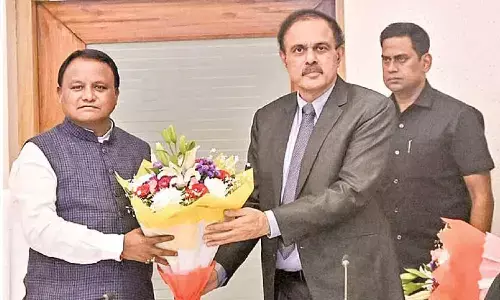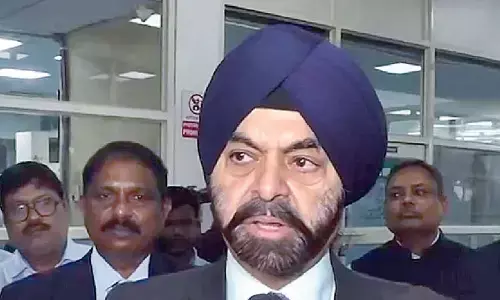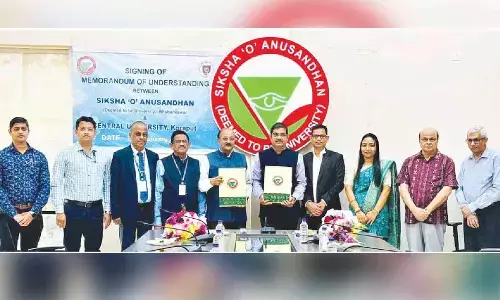Will human rights turn around in 2019?

2018 has been a difficult year for human rights in South Asia Crackdowns on the Right to Freedom of Expression intensified across the region Enforced disappearances continued to scar communities in Pakistan and Bangladesh civilian casualties remained at record highs in Afghanistan,
2018 has been a difficult year for human rights in South Asia. Crackdowns on the Right to Freedom of Expression intensified across the region. Enforced disappearances continued to scar communities in Pakistan and Bangladesh; civilian casualties remained at record highs in Afghanistan, civil society organisations continued to be harassed and shut down in almost every country. Journalists continued to be targeted, members of the political opposition were arbitrarily arrested, religious and ethnic minority groups and indigenous peoples continued to be demonised.
The year began with the tragic news of the death of one of the region’s strongest, most prominent and fearless voices for human rights, the Pakistani lawyer and activist Asma Jahangir. For decades, she exemplified the struggles of millions in South Asia — and her loss came at a time when she was perhaps needed the most: blasphemy-related violence and violent protests threatening the lives of religious minorities intensified in Pakistan. The space to speak freely shrank dramatically, with a pall of fear descending over newsrooms where self-censorship is routinely exercised while social media users came under attack from the authorities.
In India, under the regime of Prime Minister Narendra Modi, impunity for human rights violations continued to flourish. Attacks on religious minorities and marginalised communities have not just become a threat, but also a norm in the new India. The authorities continue to remain openly critical of human rights defenders and organisations, often contributing to a climate of hostility against them. The government has failed to credibly investigate and at times even acknowledge the attacks.
In its ongoing crackdown on civil society, the Modi government led a nation-wide attack on activists, advocates and human rights defenders who were critical of the State. Sedition laws were used to criminalise freedom of expression. The police arrested several leading human rights activists, including Varavara Rao, Vernon Gonsalves, Gautam Navlakha, Sudha Bharadwaj and Arun Ferreira. The writers and activists were also subject to a smear campaign that sought to paint them as “Urban Naxals”.
Amnesty International India is the latest target of the Modi government’s assault on civil society. On October 25, the Enforcement Directorate, an agency that looks into financial crimes, raided Amnesty India’s office for over ten hours and froze its bank accounts. Just weeks after Prime Minister Modi celebrated India’s election to the United Nations Human Rights Council, his government set about trying to crush an organisation that fights for the very values that are enshrined in the Universal Declaration of Human Rights and reflected in the Indian Constitution.
Breaking with a longstanding Indian tradition of promoting dissent, pluralism and debate, the authorities treated Amnesty International as if it were a criminal enterprise. Staff were harassed and intimidated. Their phones and laptops were taken away. The clear aim is to shut down the organisation’s campaigning work — on the rights of religious minorities, people belonging to discriminated castes, women, LGBT people and the others who often depend on Amnesty International to speak out against injustice.
Bangladesh continues to host nearly a million Rohingya refugees, who have not seen any accountability for the horrific crimes against humanity committed against them. With dismally low levels of international funding, the refugees endure a bleak existence in threadbare and overcrowded camps that are vulnerable to extreme weather. Their situation is made even more precarious with the looming prospect of forcible returns across the border, back into the hands of the very same Myanmar military that visited unspeakable suffering on them.
On other fronts, the Bangladesh government failed to show similar commitment to human rights. The well-known photographer Shahidul Alam endured more than 100 days in detention for speaking out against the crackdown on the overwhelmingly peaceful student protests demanding safer roads. He was charged under the infamous Section 57 of the Information and Communication Technology Act for expressing his peaceful views in an interview on Al-Jazeera. As he languished in custody, the government replaced the law with a worse variant — The Digital Security Act, which journalists and activists fear will be used to crush peaceful dissent.
The international community is also failing the Afghan people. Civilian casualties remain close to record highs. According to the United Nations Assistance Mission in Afghanistan, every month there have been at least two attacks that have killed 10 people or more, on average. This was also the deadliest year for journalists in Afghanistan since the conflict there began in 2001. In April, 10 journalists were killed by a secondary device at the site of an earlier bombing. Five months later, two more were killed in similar circumstances.
Sri Lanka has undergone multiple crises, with the government collapsing within the space of a few days. Religious bigotry worsened in the country, when hard-line Buddhist monks incited violence against Muslims earlier in the year. The government imposed a state of emergency, shutting down social media sites. Even as the year draws to a close, it’s not clear who will lead the country’s government — something that could have far-reaching implications for Sri Lanka’s limited but significant gains on transitional justice since the end of a three decade-long conflict.
But there are causes for optimism too. In the Maldives, a change of government brought with it freedom for many people who have been unjustly jailed for exercising their human rights. Prisoners of conscience walked free, the press has begun to throw off its shackles, and there are hopes that an independent judiciary will mark a decisive break with years of repression. Perhaps other South Asian countries can draw some inspiration next year from the example of this Indian Ocean archipelago.
- Biraj Patnaik
(Courtesy: Down To Earth. The writer is Amnesty International’s South Asia Regional Director)










